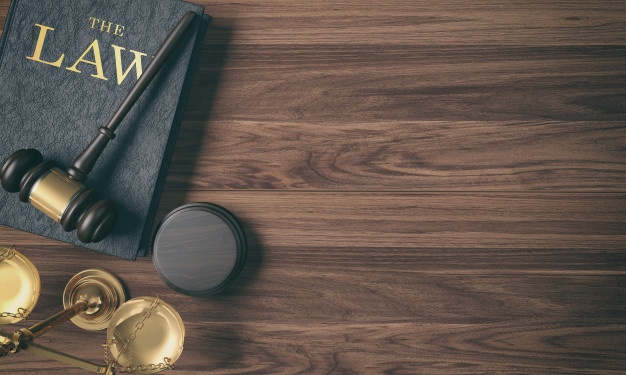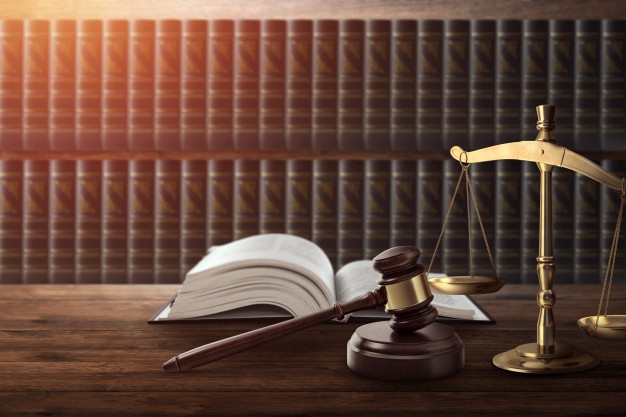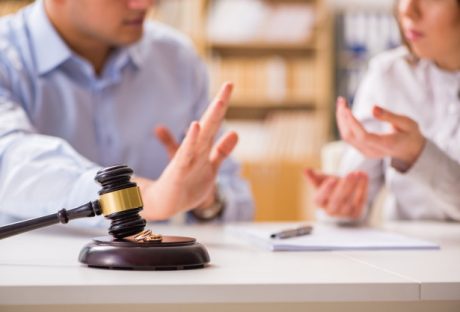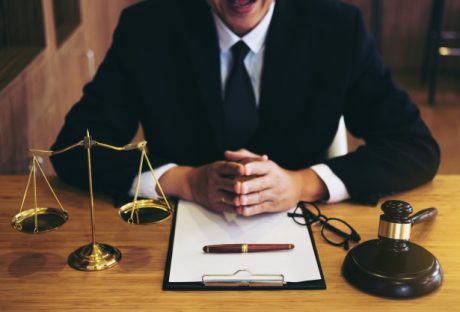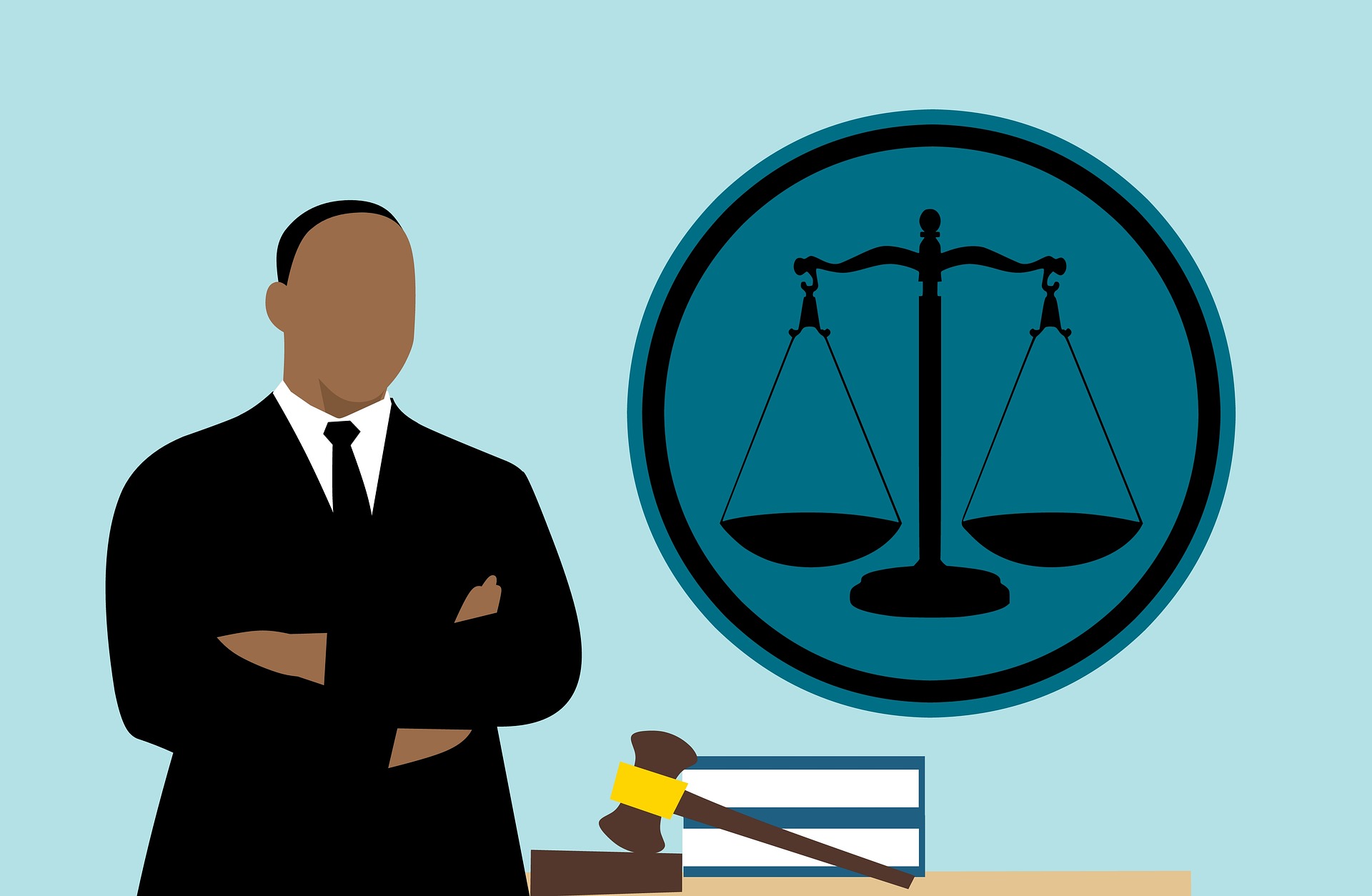If you have been following the news lately, you must be aware that there have been many misconceptions revolving around criminal cases and civil cases. Since you have clicked on the link to this article, I will presume that you are someone who likes to keep a keen interest in law.
As responsible citizens, we must know all the specificities of the law. It will help us be aware, and it will save us in times of trouble. I am a defense lawyer myself, and I have been enjoying my job for the last ten years. And in my opinion, the Federal court in Missouri has some of the best lawyers in the entire U.S.
So without further adieu, let us take a look at the major differences between Civil Cases Versus Criminal Cases
What Is A Civil Case?
Civil cases are those cases where the persons or organizations involved are entangled in private disputes that are not considered to be harmful to society. Civil offenses are considered to be offenses committed against the State or jurisdiction.
Since both civil and criminal cases are offenses nonetheless, there are bound to be some similarities as well as differences. As law-abiding citizens, we must ensure we know everything there is to know.
When it comes to Civil Cases, there are two parties involved, one that has raised the dispute, known as the ‘plaintiff,’ and the other party who has been charged against, also known as the ‘defendant.’
The plaintiff may approach the court to ensure that the defendant has fulfilled its duty or ask the court for compensation for the damage done.
Both the Federal Court and State Court entertain civil cases. For instance, if a computer shop owner signs a contract with a customer and agrees to deliver the computers at a specific price that has been agreed by both the parties and later if the computer shop owner fails to deliver the computers, forcing the customer to buy the products from some other computer shop at a higher rate.
Then the customer has every right to sue the computer shop owner for the extra cost that he had to bear to purchase the computers from some other place. If the parties belonged to completely different states, then the case would go to a federal court like Federal Courthouse Springfield, MO.
What Is A Criminal Case?
Criminal cases are those cases where an individual is accused of a crime, which may range from minor misdemeanors to murder in the first degree.
The government taking the side of its citizens prosecutes the individual via the Attorney’s Office of the United States if the individual has been charged with the federal level’s crimes. The District Attorney’s office, also known as the D.A., deals with state crimes.
According to America’s law, it is not for the victim to bring to produce a criminal case in the courthouse. For instance, if a person is kidnapped, the government can press charges on the individual regardless of whether the victim wants it.
For instance, the state government has the power to prosecute people who are involved in drunk driving as it poses a threat not just to a single individual but to many people. This is quite unlike the cases entertained at Federal Courthouse Springfield, MO.
What Are The Similarities Between Civil Cases versus Criminal Cases?
Both these cases have a few things in common.
- Usually, both civil and criminal cases involve private parties.
- A person can be charged with both civil and criminal cases at the same time.
What are the key differences between a civil case and a criminal case?
There are a ton of differences that you should know about. Keep reading
- The grounds of acquiring proof are different in both civil and criminal cases.
- Criminal cases took place in front of a jury.
- All defendants in criminal cases have the right to an attorney
- Criminal and civil cases vary greatly in terms of punishment.
Final Thoughts
Life can often be a handful; you never know what might happen next. That is why you always need to have proper contact with the best lawyer to guide you. Stay safe and well informed.
Read Also:













